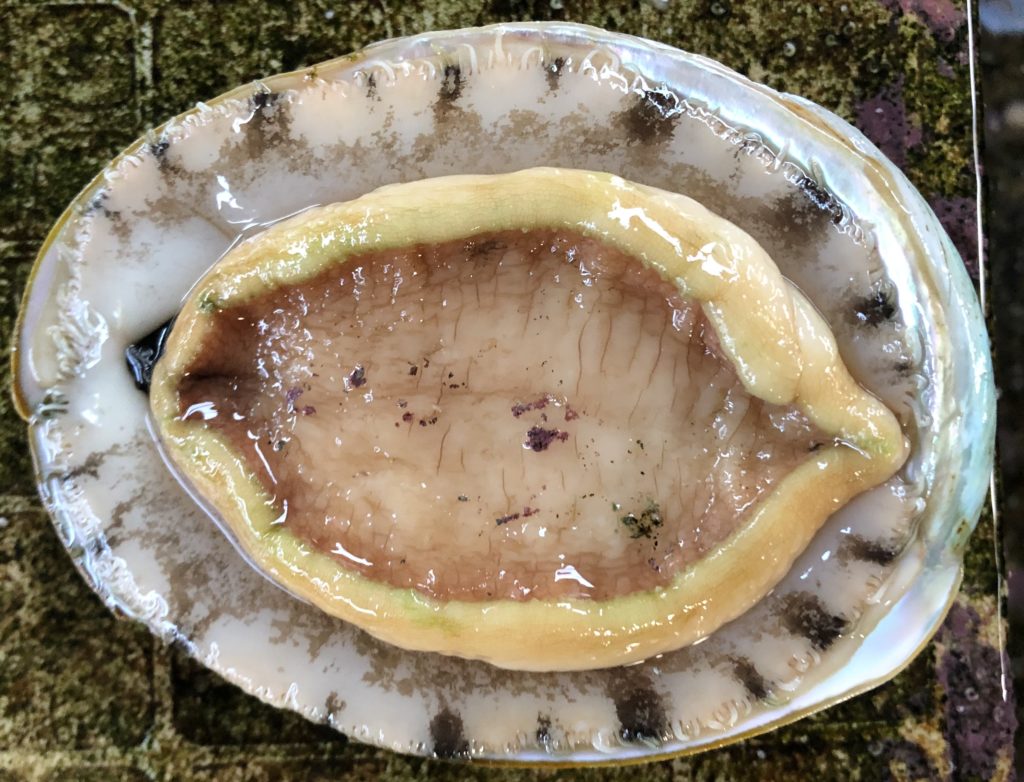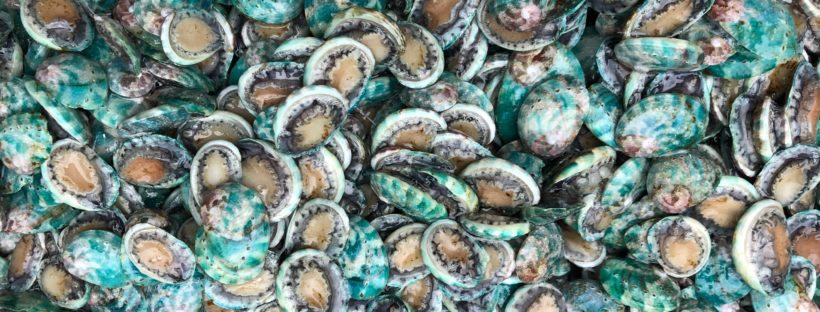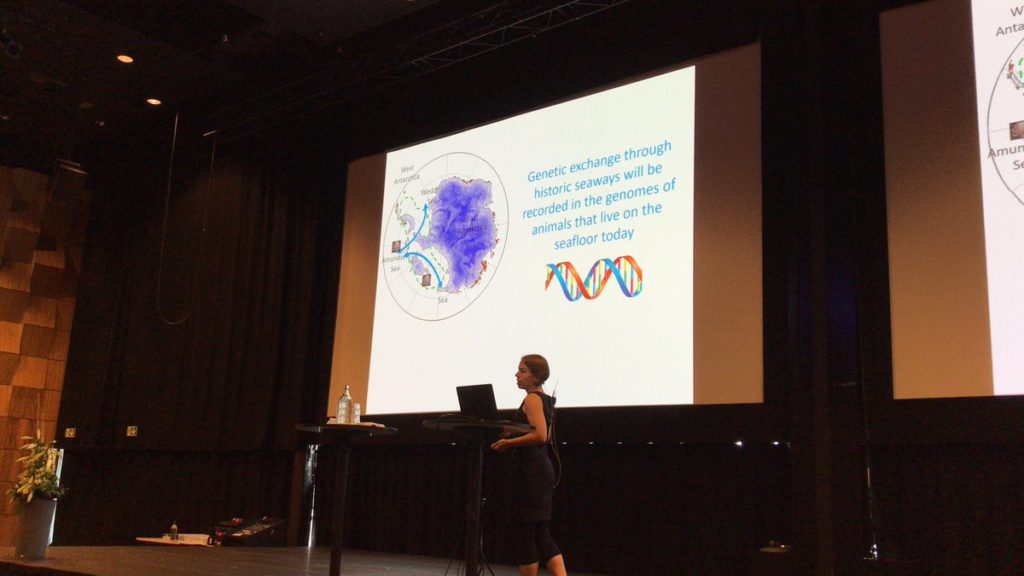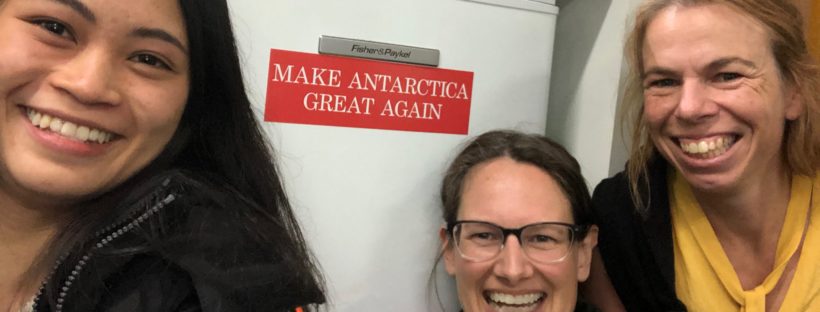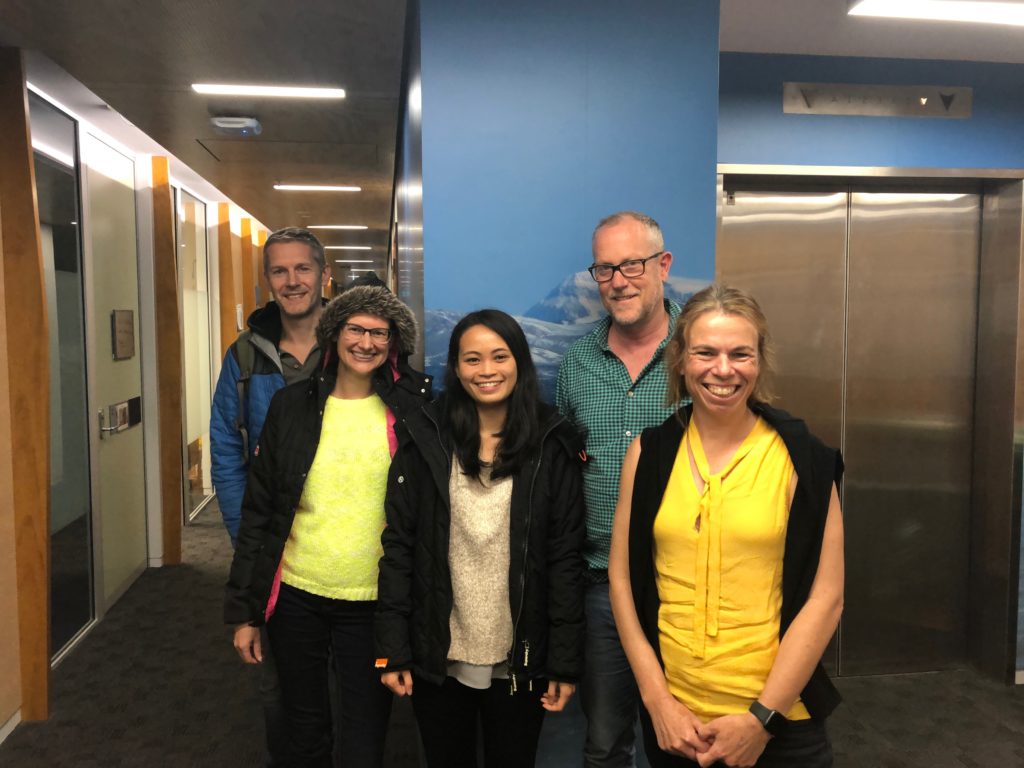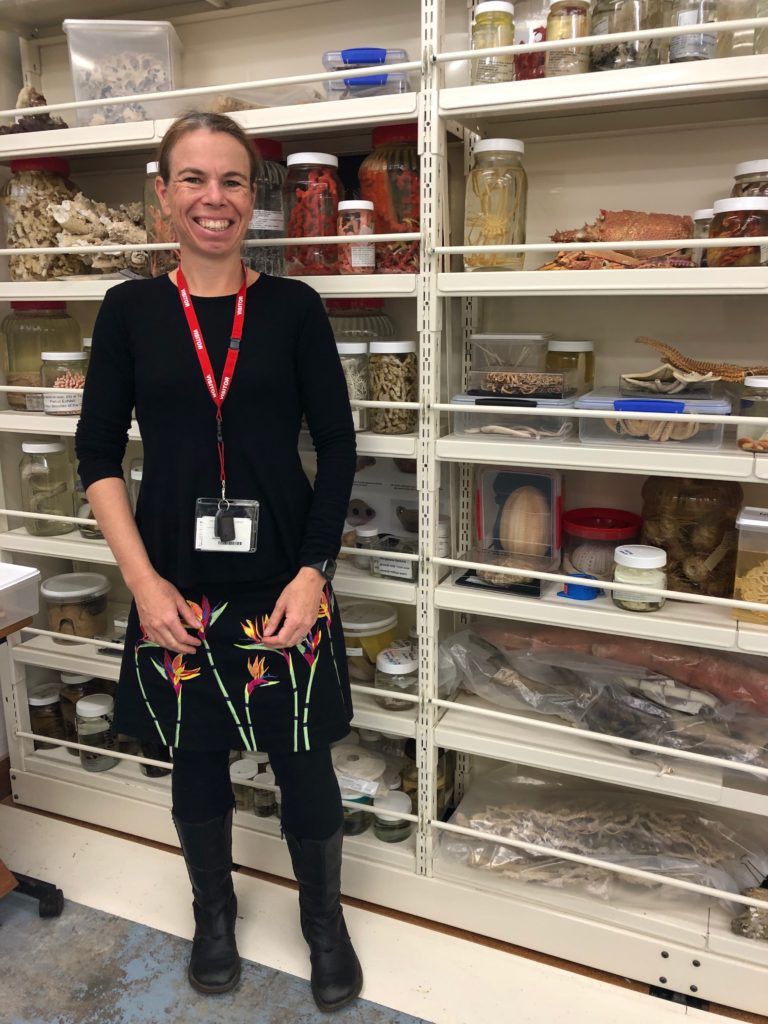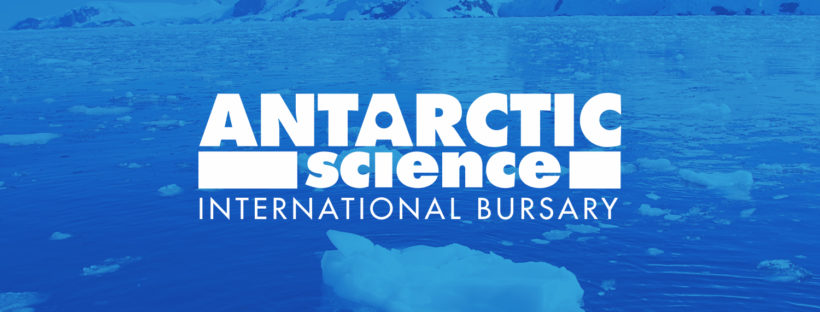Jan and Phoebe visited Southern Ocean Mariculture (SOM) in Port Fairy, Victoria at the start of July to collect samples for Phoebe’s honours project. Phoebes project, supported by the Fisheries Research and Development Corporation and the Australian Abalone Growers Association, seeks to test established methods of early prediction of genetic merit in abalone broodstock. It was freezing in Port Fairy in comparison to sunny Townsville, but great to see the abalone growth and the impressive technology and set up at SOM! Thanks for hosting us!
